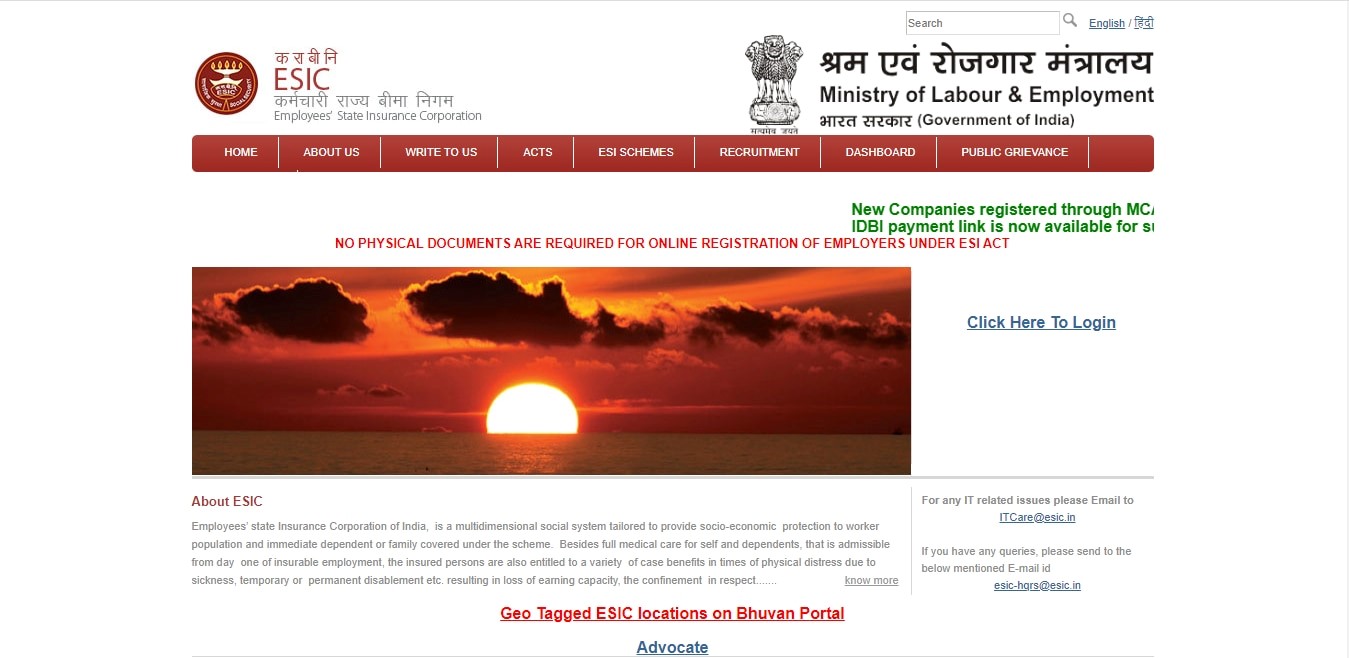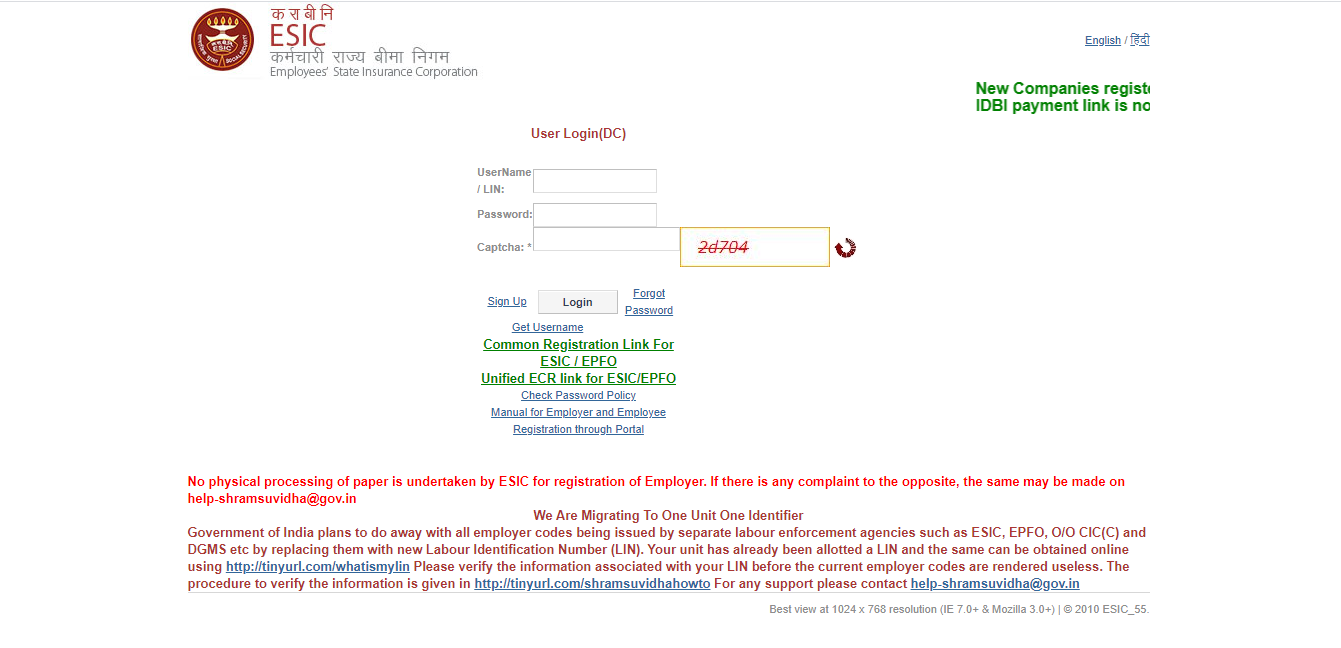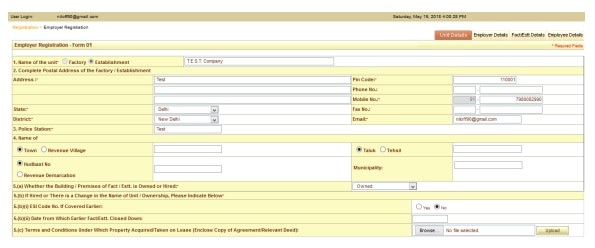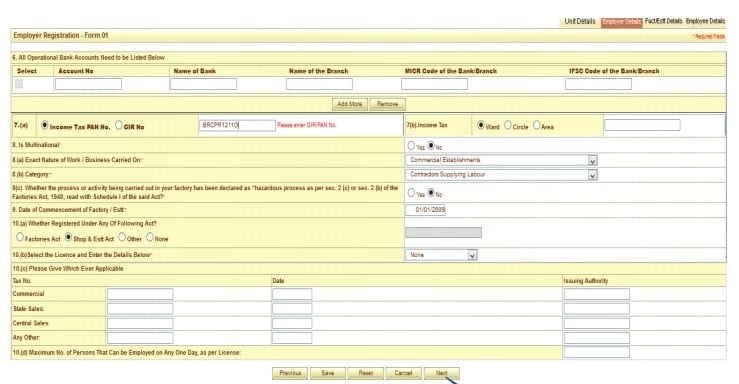ESI Registration
Whether you’re ready to ESI Registration on your own—or need an attorney’s help every step of the way—we've got your back.

Ishaan Goswami
Founder of Edden Group
Very helpful and provides great guidance. I trust them without a doubt. Definitely recommend to anyone who want to work with people who actually care for your growth.

Nancy Bansal
Founder, Web Tech Sol
When you are looking for the best online legal service providing organization, trust Corporate Rasta Consulting for the efficient handling of your legal matter. Thanks Corporate Raasta Team

Vishal Agrawal
Founder and Director of FURNACO
The best thing about team they take brief description understand technicality, discuss plan and move toward Execution with proper set of knowledge which I believe comes with Experience....

Gaurav Kumar
Operation Head in Deutsche Bank
We are delighted by the responsive, professional approach of Corporate Raasta Consulting for our tax filing in India. Systematically answered our questions. Made for a nice client experience. Highly recommend.

Sandesh Shenoy
Founder Accountaxman Consulting, Bangalore
Great service, helped me in every step of incorporation process, guided me properly about all the documents. Great team. Robin Mittal helped me for incorporate my company from start to end. Thanks a lot for great service.

Vaishvi Bansal
Founder of StarYup Capital
The help and assistance that they provide to startup founders like us is incredible. I've been working with them closely and they guide us all the procedures with due respect and help us if there's any difficulty found by us. I really appreciate the efforts incorporated by them for fulfilling every startups need. Glad to be a part of their collaboration partners.

Nidhi Lal
Founder Niya Group
I highly recommend Corporate Raasta Consulting's services, Rishabh and Robin are very prompt and professional in their work, they helped us with our legal policy documents.
50000 +
CA & Lawyers
50 +
Offices
100000 +
Happy Customer
Get Partner Benefits With Us!



